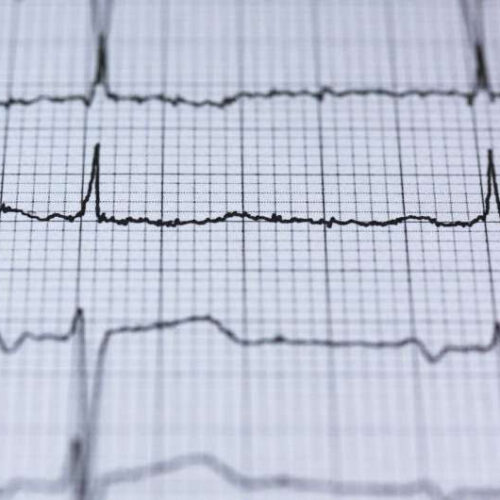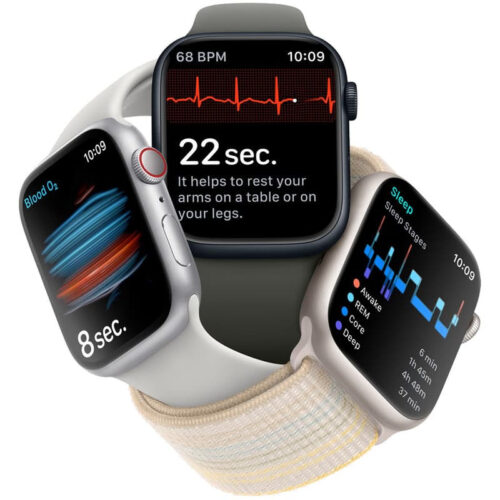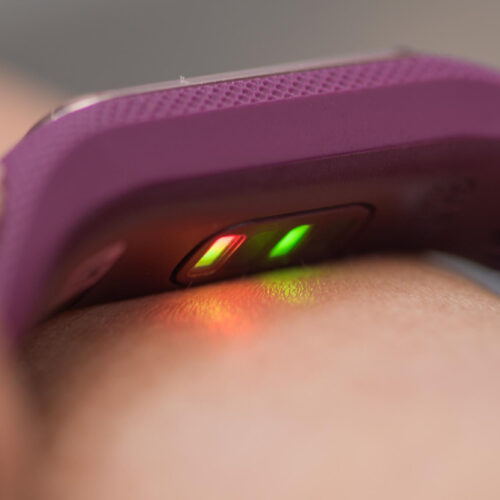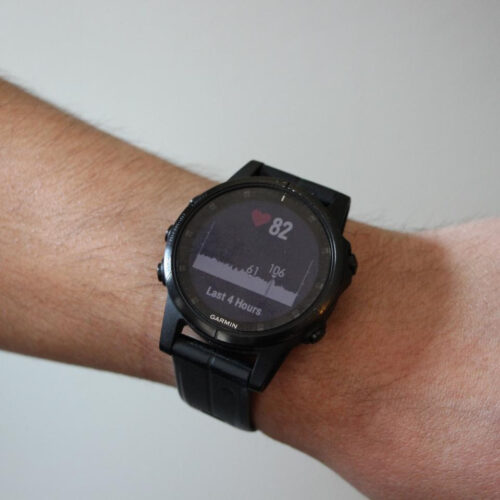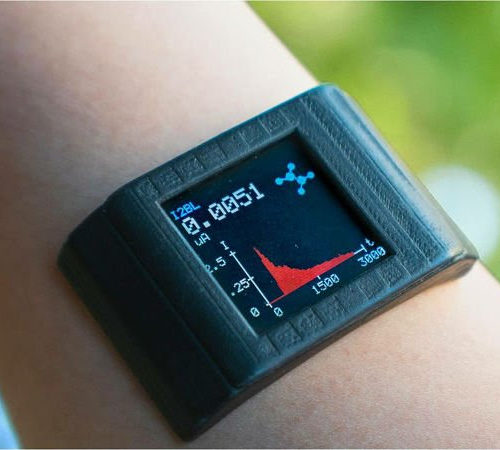by Stanford University Medical Center Credit: Pixabay/CC0 Public Domain Smartwatches can help physicians detect and diagnose irregular heart rhythms in children, according to a new study from the Stanford School of Medicine. The finding comes from a survey of electronic medical records for pediatric cardiology patients receiving care at Stanford Medicine Children’s Health. The study will...
Tag: <span>smartwatches</span>
Smartwatches may be key to development of new Parkinson’s treatments
UNIVERSITY OF ROCHESTER MEDICAL CENTER New research shows that commercially available smartphones and watches, like the Apple Watch, are able to capture key features of early, untreated Parkinson’s disease. These technologies could provide researchers with more objective and continuous ways to measure the disease and bring new treatments to market faster, particularly for patients in...
More evidence that smartwatches can detect and predict heart issues
By Loz Blain April 04, 2023 ECG-equipped smartwatches are proving very useful in diagnosing and predicting a range of heart conditions Apple A good smartwatch might be your best friend if you’re at risk of various heart conditions. Many not only track heart rate, but can also take electrocardiogram (ECG) readings, and evidence is building...
Smartwatches used to monitor short-term effects of 4th BNT162b2 booster shot
By Neha Mathur Jun 13 2022 Reviewed by Danielle Ellis, B.Sc. In a recent study posted to the medRxiv* pre-print server, researchers in Israel compared the short-term effects of the first and second booster doses of messenger ribonucleic acid (mRNA-based) coronavirus disease 2019 (COVID-19) vaccine BNT162b2. Study: Safety of the fourth COVID-19 BNT162b2 mRNA (second booster) vaccine....
Data from smartwatches can help predict clinical blood test results
DUKE UNIVERSITY IMAGE: THE IMAGE SHOWS THE HEART RATE MONITOR READING ON A STANDARD SMARTWATCH. CREDIT: MICHAELA KANE, DUKE UNIVERSITY DURHAM, N.C. — Smartwatches and other wearable devices may be used to sense illness, dehydration and even changes to the red blood cell count, according to biomedical engineers and genomics researchers at Duke University and the Stanford...
Adhesive film turns smartwatch into biochemical health monitoring system
UCLA engineers have designed a thin adhesive film that could upgrade a consumer smartwatch into a powerful health monitoring system. The system looks for chemical indicators found in sweat to give a real-time snapshot of what’s happening inside the body. A study detailing the technology was published in the journal Science Advances. Smartwatches can already...
Washable electronic textiles to usher in an era of even smarter wearable products
Transistors connected with twisted electrodes maintain functionality even after being bent and washed over 1,000 times and can activate LED or detect electrocardiogram signals NATIONAL RESEARCH COUNCIL OF SCIENCE & TECHNOLOGY With the wearable electronic device market having firmly established itself in the 21st century, active research is being conducted on electronic textiles,1 which are...

